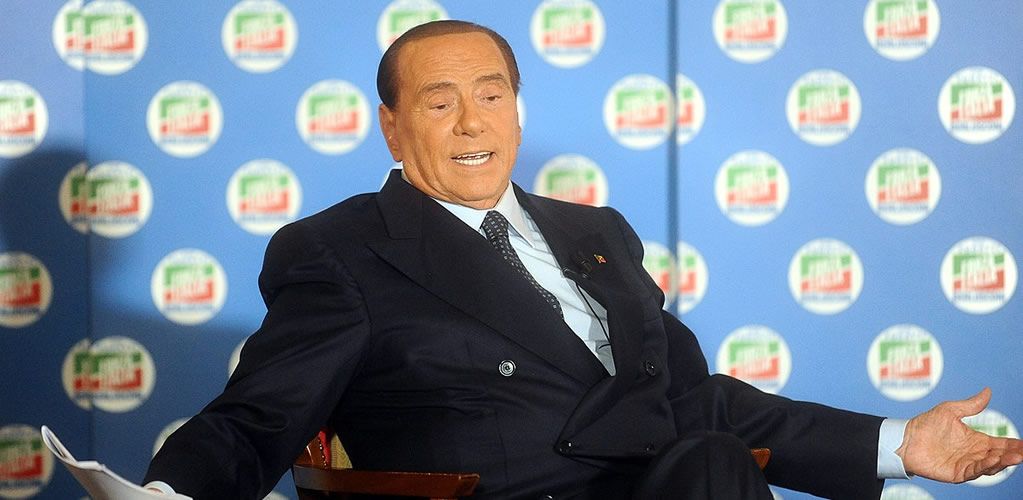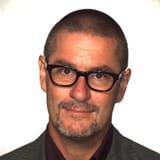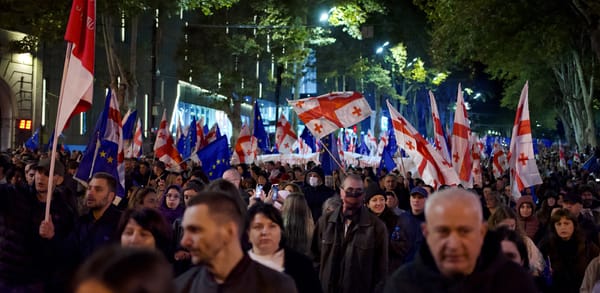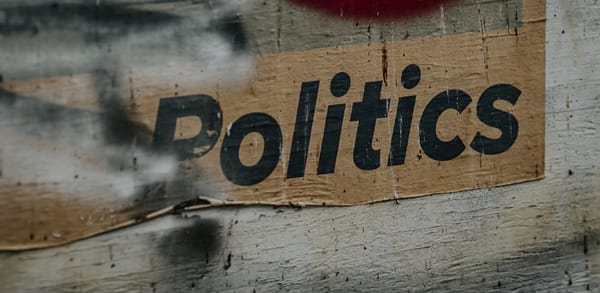Silvio Berlusconi: The property developer who became a media tycoon – and Italy’s most flamboyant prime minister
Despite his serving three separate terms in office, it’s still difficult to decide on a definitive view of the late Italian prime minister.

Despite his serving three separate terms in office, it’s still difficult to decide on a definitive view of the late Italian prime minister.
S ilvio Berlusconi, who has died at the age of 86, was born into a middle-class family in Milan, a city heavily affected by the second world war. He attended a private school belonging to a religious order, and eventually graduated with distinction in law in 1961, specialising in advertising contracts, an area that would of course prove extremely useful in his later careers.
As Berlusconi came of age, Italy was entering its postwar economic “miracle”. And immediately after his graduation, he started a series of successful entrepreneurial initiatives in a booming construction industry.
In his early 30s, Berlusconi conceived of a revolutionary and visionary project, the construction of a residential area in the northern outskirts of Milan called Milano 2. The idea was to offer high-standard, spacious homes in new areas on the outskirts of the city that contrasted with an increasingly crowded and polluted metropolis.
The project was ahead of its time in marketing “exclusive” property to a growing middle class looking to escape the inner city but remain close by. It proved a significant success, which quickly propelled Edilnord (Berlusconi’s construction company) into the big leagues and enabled it to diversify under the umbrella of a financial holding company, Fininvest.
By the 1980s, Berlusconi had received the Order of Merit of Labor and the informal nickname “Il Cavaliere” (the Knight) for his entrepreneurship.
Building an empire
Meanwhile, as video broadcasting was being commercialised for the first time in Italy in the mid-1970s (having previously been a state monopoly), Berlusconi started investing in TV.
He set up a media company that transmitted three channels across Italy (Canale 5, Italia 1 and Rete 4). All this was supported by the company’s aggressive advertising arm, Publitalia.
Berlusconi’s media empire (complemented by the acquisition in 1984 of Arnoldo Mondadori, the most important publishing house in the country) became the sole real competitor of RAI, the state-owned television company. Berlusconi’s personal ability to attract the most popular TV stars of the time certainly helped, as did personal connections in the government.
This made him a pervasive figure in Italian society, but his popularity skyrocketed in the mid-1980s when a highly valuable jewel was added to his crown: AC Milan football club. This was already a highly strategic move given Italy’s national obsession with the game, but Berlusconi quickly set about turning Milan from a domestic team into an international brand.
In the 15 years that followed the successful project of Milano 2, Berlusconi had built a business empire that spanned construction, banking and insurance, TV and advertising, publishing, sport and even supermarkets. In just a couple of decades, Berlusconi had transformed Fininvest into Italy’s eighth-largest company by turnover.

Silvio Berlusconi at EPP Congress in 2017. | CREDIT: FLICKR/EPP
From outsider to prime minister
Despite this remarkable success – and his notorious business skill – Berlusconi was neither immediately nor eagerly welcomed into the drawing rooms of the country’s entrepreneurial elite, who tended to consider him at best a useful upstart. This is perhaps partially what drove an already individualistic character to seek a new level of primacy.
At the beginning of the 1990s, Berlusconi turned himself into a “political entrepreneur”. At the time, the “Tangentopoli” scandal had exposed deeply entrenched corruption among national and regional politicians.
Individual politicians and entire political parties were brought down by the revelations and the old party system was turned on its head, leaving an institutional vacuum. Berlusconi stepped in to fill that vacuum by creating a new political party practically overnight, leveraging his personal entrepreneurial prestige and the communication power of his media empire.
Having crafted a (sometimes precarious) alliance with two different partners on the right and far right, Berlusconi was elected prime minister for the first time in 1994. It was the beginning of a lengthy spell in power as head of coalitions and alliances of the right. In the end, he was prime minister three times: from 1994 to 1995, 2001 to 2006 and 2008 to 2011.
Berlusconi was recognised as a charismatic politician and the electoral campaigns that put him in government were inevitably centred on him personally. However, he was less convincing as a statesman. He lacked a long-term vision for Italy both in terms of statecraft and economic development.
In his two decades in power, Italy’s GDP remained in line with the rest of Europe but the country’s competitiveness, measured in terms of export, declined consistently. This was mirrored by a generous rise in public spending – despite the neoliberal leanings of Berlusconi’s governments.
Berlusconi’s politics always came down to personal relationships over institutions. This style as worsened by a persistent conflict of interest between his role as prime minister of the country and de facto monarch of a business empire largely built on commercial TV and advertising.
He acted no differently as a politician than he did in his entrepreneurial life, running his governments with incredible energy but with an extremely low propensity for delegation.
But while Berlusconi was able to slot his eldest sons Marina and Piersilvio into top jobs in his business empire, he hasn’t been able to find an equally charismatic successor for his political project.
All is forgiven, again and again
Italians gave the flamboyant Berlusconi a pass for many antics, particularly his sometimes unconventional behaviour in his private life. He probably got more lenience from the public than he deserved, and certainly much more than the judicial system was willing to extend him, as was clear from his conviction for tax fraud.
While he fought off other legal cases over allegations of sex with a minor, others were convicted of recruiting prostitutes for Berlusconi’s parties.
Even now, after his death, it is difficult to land on a definitive view of Berlusconi and his role in Italy’s recent history. His own life story is certainly emblematic of a country endowed with many gifts – a creative place capable of sudden and unexpected revival.
But he could equally be said to represent Italy in a negative way too, unfortunately too often incapable of producing a vision of the future based on anything other than individual egoistic interests.

GOING FURTHER
Sources
▪ Text: This piece was originally published in The Conversation and re-published in PMP Magazine on 12 June 2023. | The author writes in a personal capacity.
▪ Cover: Flickr/Niccolò Caranti. (Licensed under a Creative Commons Attribution-ShareAlike 4.0 International License.)






[Read our Comments Guidelines]